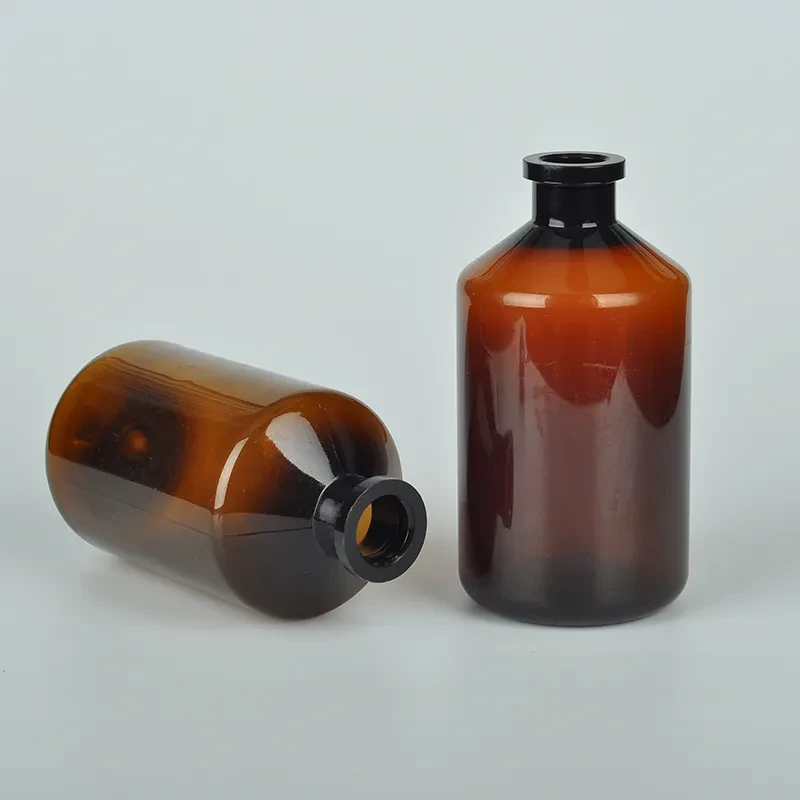https://www.wahmg.com/)">
capillary blood tubes
capillary blood tubes
Understanding Capillary Blood Tubes Importance, Usage, and Benefits
Capillary blood tubes are pivotal instruments in the field of clinical diagnostics, primarily used for the collection and transport of blood samples. Their design enables efficient sampling from capillaries, which is particularly important when venipuncture is challenging or unnecessary. This article explores the key attributes, uses, and advantages of capillary blood tubes, shedding light on their role in today’s medical landscape.
What are Capillary Blood Tubes?
Capillary blood tubes are small, glass or plastic tubes specifically designed to collect blood specimens from capillaries, which are tiny blood vessels found just beneath the skin. Unlike traditional blood collection methods that involve drawing blood from larger veins, capillary blood sampling is less invasive and can often be performed using a simple finger prick or heel prick, particularly in infants.
These tubes are typically either heparinized, which prevents clotting, or plain, allowing the blood to clot for certain types of tests. Each tube is usually pre-marked with graduations to measure volume and is sealed at one end to ensure sample integrity.
Applications in Clinical Practice
Capillary blood tubes are extensively used in various clinical tests, making them indispensable in laboratories and clinical settings. They are particularly useful in pediatric care, where traditional venipuncture can be daunting and painful for young patients. Tests for glucose levels, blood gas analysis, cholesterol levels, and hemoglobin concentration often utilize capillary samples.
Furthermore, these tubes are beneficial in point-of-care testing, enabling rapid diagnostics in emergency settings. Health professionals can obtain immediate feedback on patient conditions, facilitating quicker treatment decisions. Such capabilities are also essential in remote or underserved areas where access to advanced medical facilities may be limited.
capillary blood tubes

Advantages of Capillary Blood Sampling
One of the chief advantages of using capillary blood tubes is the reduced invasiveness of the procedure. Patients experience less discomfort due to the minimal blood draw, making it particularly advantageous for infants and individuals with difficult venous access. Moreover, this technique minimizes the risk of complications such as hematoma formation, infection, or prolonged bleeding that can accompany venipuncture.
Capillary blood sampling is also cost-effective. The materials required are relatively inexpensive compared to traditional venipuncture equipment. Since the procedure can often be conducted outside a laboratory setting, it leads to a decrease in overall healthcare costs and time spent waiting for sample collection in clinics or hospitals.
Impact on Patient Care
The ease and efficiency of capillary blood sampling positively influence patient care. Quick turnaround times for test results are crucial in emergency medicine. By using capillary blood tubes, clinicians can expedite testing processes, leading to faster diagnosis and treatment.
Additionally, these tubes foster increased patient compliance. The minimal invasiveness tends to reduce anxiety associated with blood draws, encouraging more patients to undergo necessary testing. This can lead to earlier detection of conditions that require timely intervention, subsequently improving patient outcomes.
Conclusion
Capillary blood tubes represent a significant advancement in the field of diagnostic testing, enhancing the ability to collect, transport, and analyze blood samples. Their crucial role in reducing discomfort, promoting rapid diagnosis, and improving patient care demonstrates their value in both primary care and specialized medical settings. As technology advances, the utilization of capillary blood sampling techniques is likely to expand, further integrating into routine clinical practices and shaping the future of healthcare. With their numerous benefits, capillary blood tubes are not just tools; they are vital components in the ongoing evolution of patient-centered healthcare delivery.
-
Wholesale Plastic Juice Bottles with Caps 16 oz Options Available Bulk Packaging SolutionsNewsJun.10,2025
-
Laboratory Apparatus Reagent Bottle – Durable & Chemical Resistant Bottles for Safe StorageNewsJun.10,2025
-
Squeezable Dropper Bottles Durable, Leak-Proof & CustomizableNewsMay.30,2025
-
Affordable Plastic Petri Plates Sterile & Disposable Lab-GradeNewsMay.30,2025
-
Eye Dropper Caps Precision 24/410 & Plastic Bottle-Compatible TipsNewsMay.30,2025
-
Affordable Mini Spray Bottle Price & Wholesale Deals Shop NowNewsMay.29,2025





















